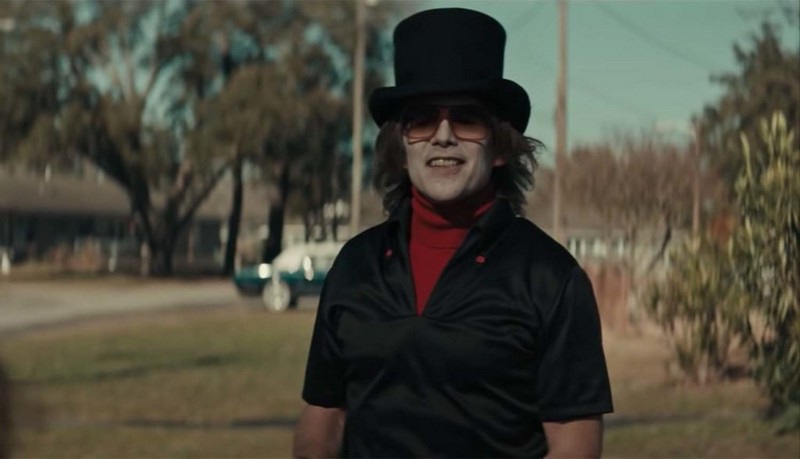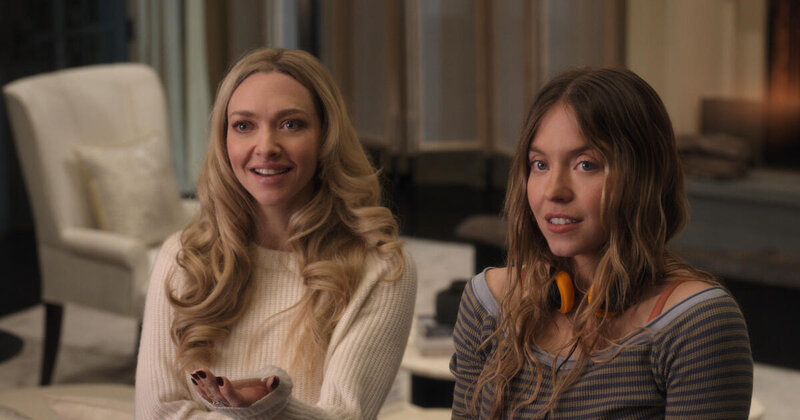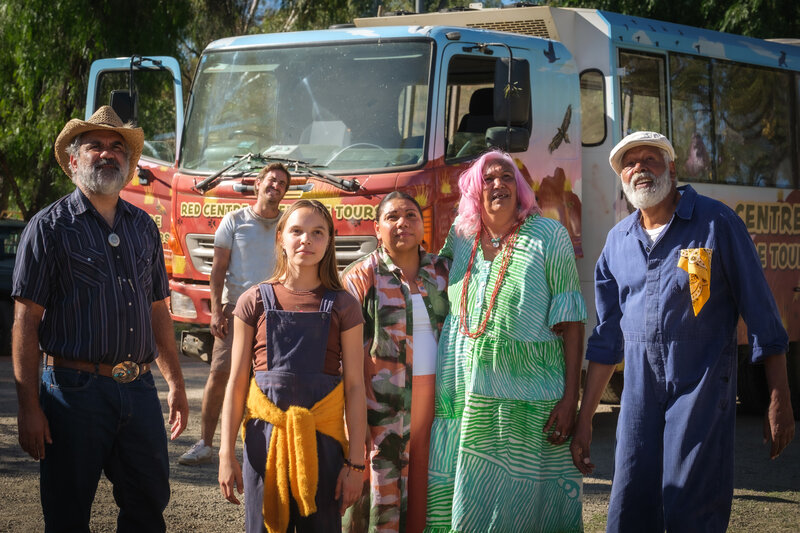Denver 1978. 13-year-old Finney (Mason Thames) is a school kid who is a decent baseball pitcher. It looks like he is about to strike out big hitter Bruce (Tristan Pravong), but after two strikes Bruce goes all the way. Clearly happy with himself, while riding his bike home a black van looms ominously and Bruce disappears. He’s not the first to vanish and a police manhunt has come up empty. More “snatchings” will follow.

The cops call on Finney’s straight talking sister Gwen (Madeleine McGraw) because they hear she has been having “visions” about black balloons found at the scene. Gwen – like her mother before her, who took her own life – sees things. There is truth in her dreams. Problem is her father (Jeremy Davies) tries to beat that out of her, because he doesn’t want her to follow in her mother’s footsteps. A heavy drinker, both Gwen and Finney are scared of their dad, who treats them shamefully, even though he says he loves them. Further, Finney is someone picked on at school and he would rather be pummeled than stand up for himself.
And then, he too is “captured” by the man known as The Grabber (Ethan Hawke). The Grabber locks Finney into a soundproof home basement, entry to which is through a heavy steel door. He wears a mask over his mouth and another (with horns) over his eyes and says he won’t harm Finney if he cooperates. In the room is a mattress and an old black phone on the wall. It was disconnected long ago and yet that phone rings continually. On the other end are the voices of The Grabber’s other victims.
Written (with Robert Cargill) and directed by Scott Derrickson, The Black Phone is based on a short story by Joe Hill. Derrickson and Cargill also collaborated on the horror mystery thriller Sinister in 2012 and Doctor Strange in 2016.
As you can imagine, a dark pall hangs over the film. Some of the physical violence – beatings and strapping – is particularly disturbing. So is the premise of child abductions and worse. Creepy music from Mark Koven gives the movie an appropriate edge.
Madeleine McGraw is excellent as Finney’s feisty sister. She brings attitude and sass to her characterisation. She is the most compelling of actors. Mason Thames is more reflective as the “hero” – quite the contrast. The relationship between the pair is critical in building audience connection. I wasn’t as sold on the performance of Jeremy Davies as the dad. I found that role somewhat forced or affected. The picture has an amateurish feel in parts (including representations of the police and the bullies). It could be argued that is appropriate, given the events depicted happened in the ‘70s and therefore are more reflective of the era. Alternatively, it can be seen as falling short of the mark required of a film in 2022.
I felt there were also flat patches, where we were waiting for something more to happen and what was happening wasn’t all that absorbing. Still, The Black Phone has a few genuine jump-out-of-your-seat moments and its undercurrent is decidedly nasty.
Alex First
Other reviews you might enjoy:
- Spider-Man: Across the Spider-Verse – movie review
- Driving Madeleine – movie review
- The Crime is Mine – movie review

Alex First is the editor of The Blurb. Alex is a Melbourne based journalist and communications specialist. He also contributes to The Blurb on film and theatre.





